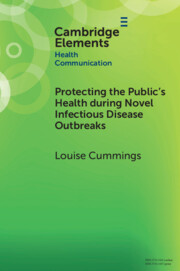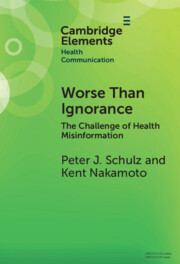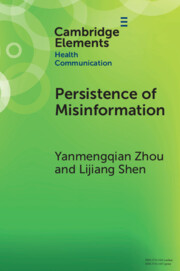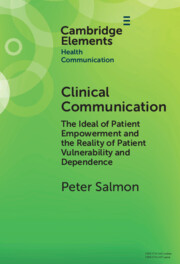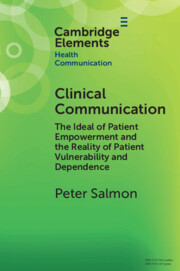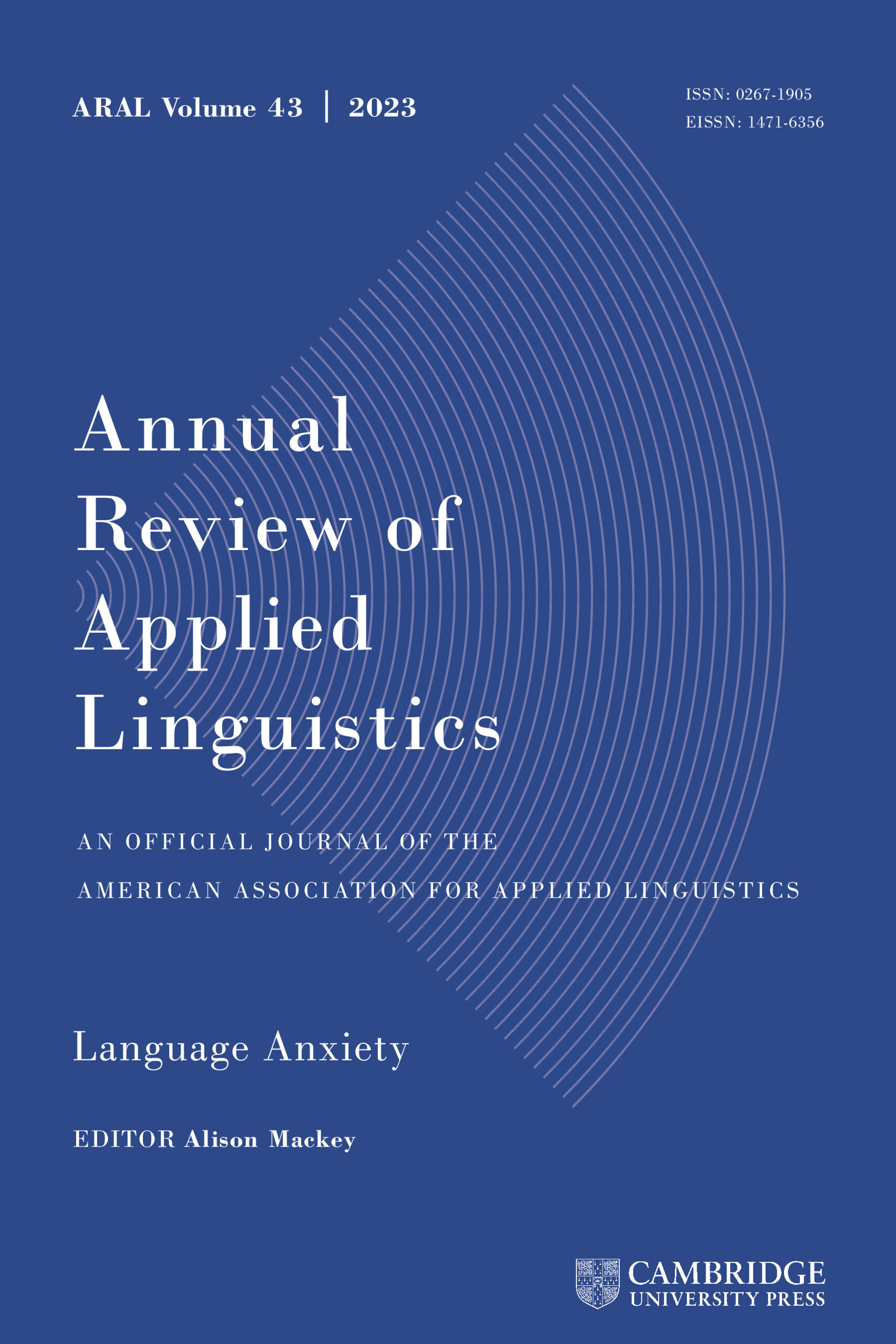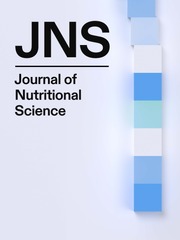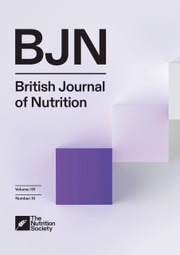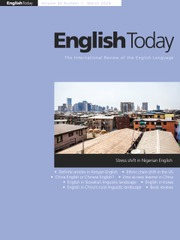Protecting the Public's Health during Novel Infectious Disease Outbreaks
This Element examines two prominent public health crises – the emergence of bovine spongiform encephalopathy (BSE) in British cattle and the COVID-19 pandemic. It contends that a group of arguments called the informal fallacies functioned as cognitive heuristics and facilitated public health reasoning during both crises. These arguments, which include the argument from ignorance, the argument from authority, and circular argument, are particularly well adapted to the type of uncertainty that surrounds the emergence of novel infectious diseases. By bridging gaps in knowledge, these arguments can facilitate reasoning when evidence about these diseases is limited and the need to take action is urgent. The Element charts a public health journey beginning in the 1950s with a disease called kuru, then examines the response to the emergence of BSE in 1986 and extends to the present day with the COVID-19 pandemic. This title is also available as Open Access on Cambridge Core.
Product details
October 2024Paperback
9781009342636
70 pages
230 × 150 × 5 mm
0.122kg
Available
Table of Contents
- 1. Historical prelude: Kuru and the Fore people of Papua New Guinea
- 2. The discovery of a new infectious agent and a new TSE
- 3. The emergence of a new brain disease in cattle
- 4. Assessing and communicating the human health risks posed by BSE
- 5. Getting closer to the fallacies
- 6. New challenges: The COVID-19 pandemic
- 7. Implications
- Glossary.

